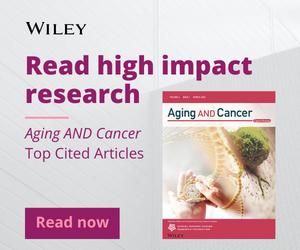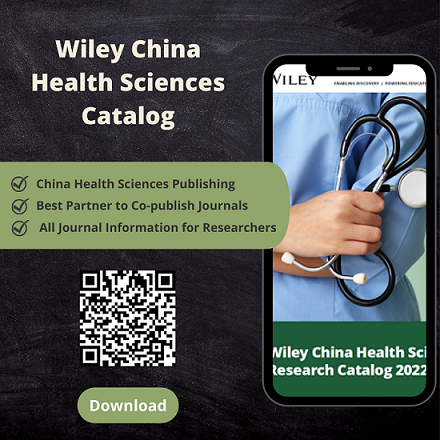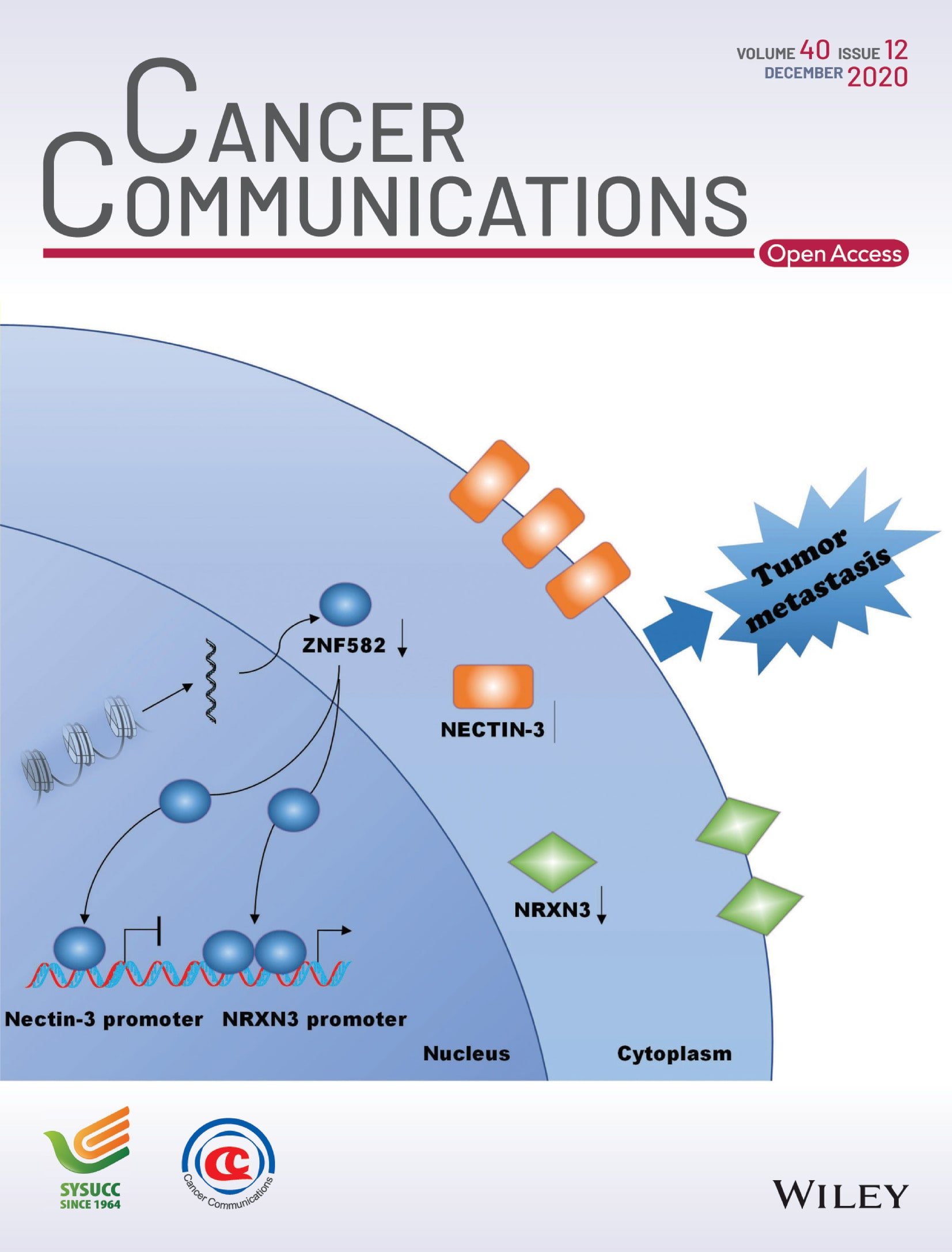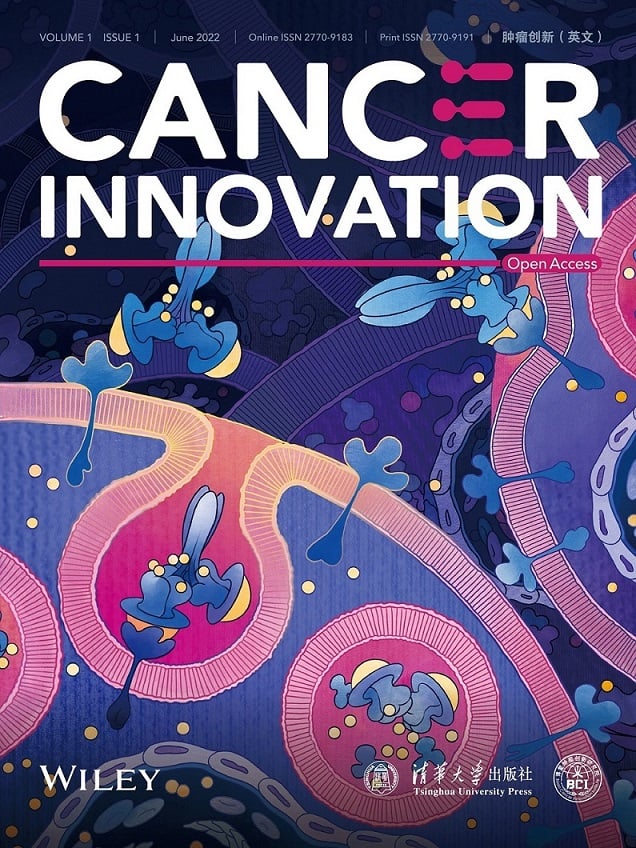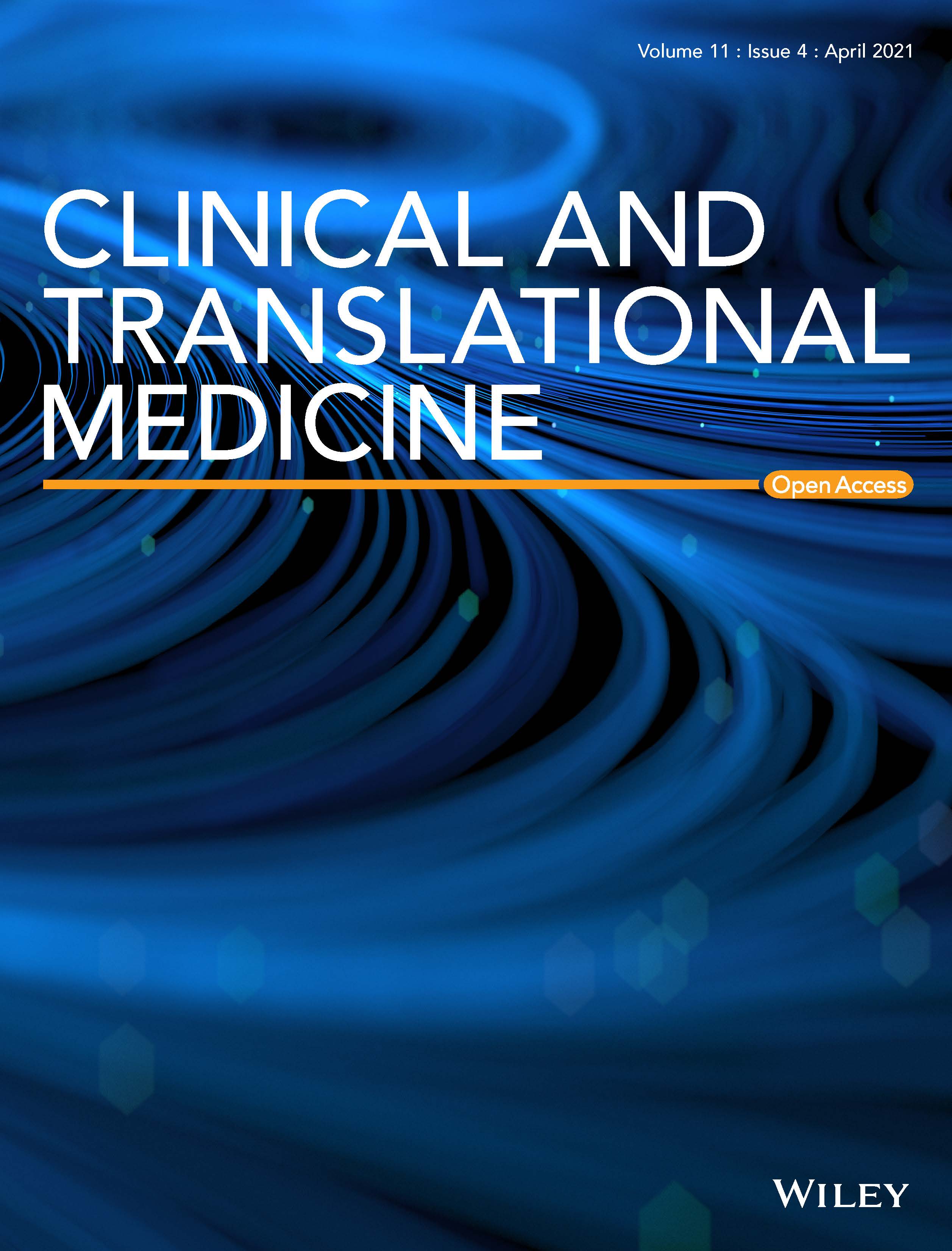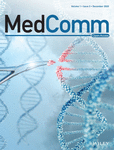Editor-in-Chief
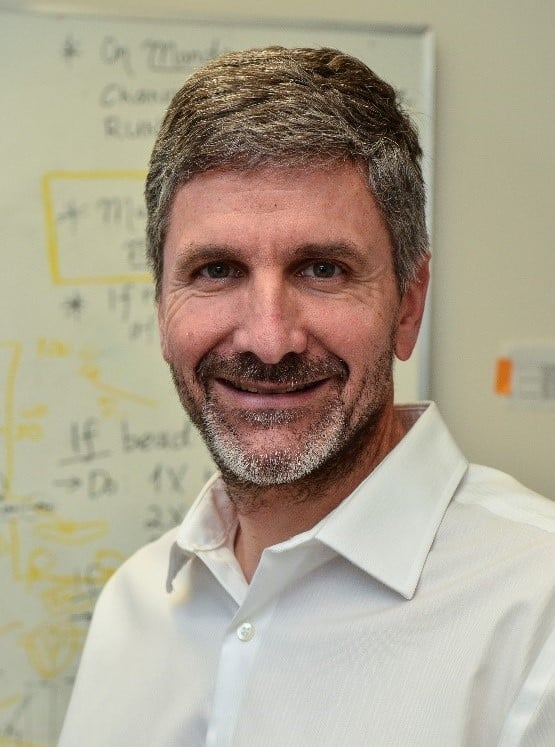
James DeGregori
University of Colorado Cancer Center, Aurora, CO, USA
Dr. DeGregori is a Professor in the Department of Biochemistry and Molecular Genetics (faculty since 1997) and Deputy Director of the University of Colorado Cancer Center. He holds the Courtenay and Lucy Patten Davis Endowed Chair in Lung Cancer Research. He received a B.A. in Microbiology from the University of Texas at Austin in 1987, a Ph.D. in Biology from the Massachusetts Institute of Technology in Cambridge in 1993, and postdoctoral training at Duke University from 1993-1997. His lab seeks to understand how aging and other carcinogenic conditions promote cancer evolution, to learn how aging dynamics and tumor suppression have evolved in animals, and to develop interventions that reduce the risks of aging-associated cancers and improve cancer therapies.
Associate Editors
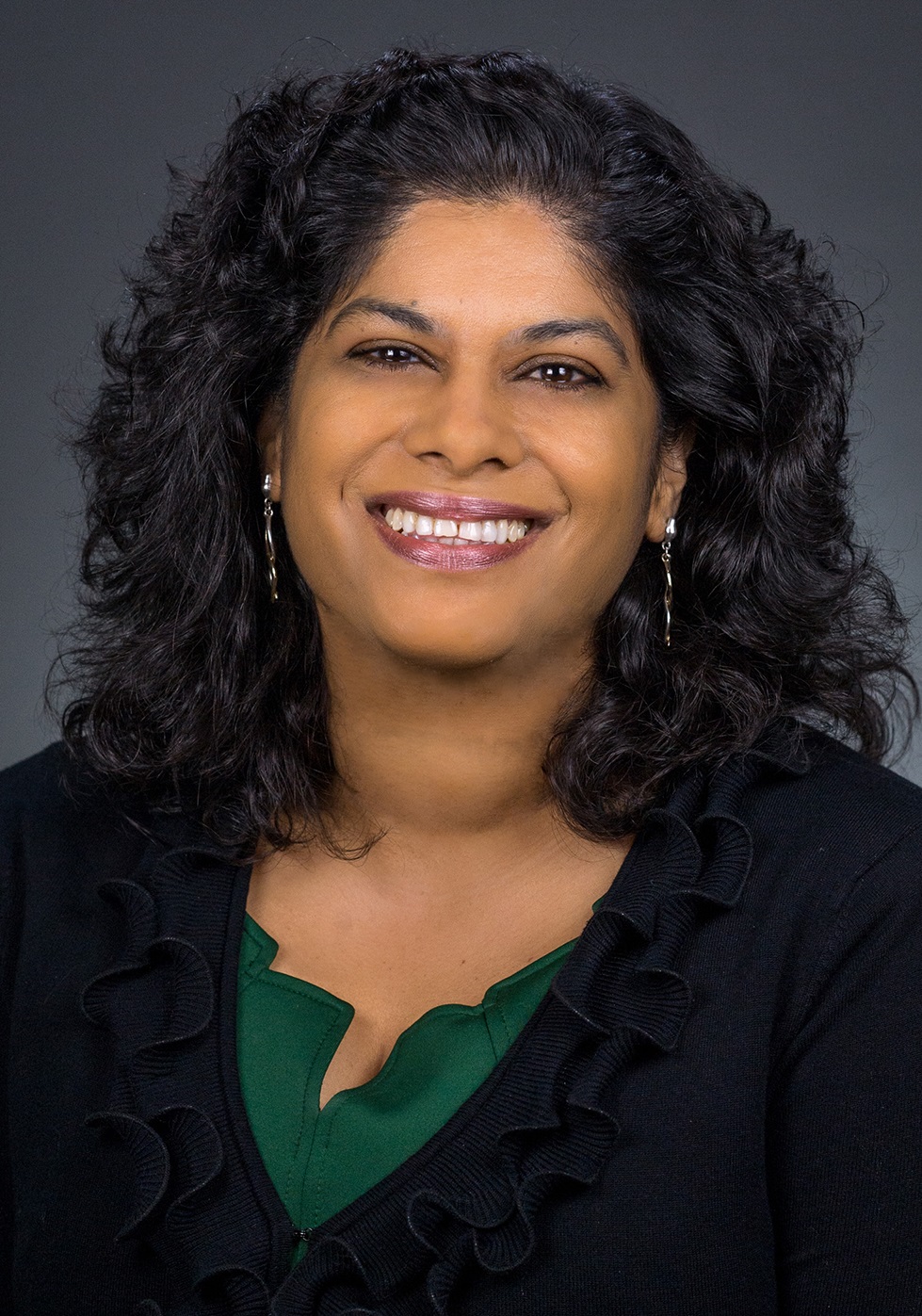
Ashani Weeraratna
John Hopkins University, Baltimore, MD, USA
Dr. Weeraratna is currently the E.V. McCollum Chair of Biochemistry and Molecular Biology at the Johns Hopkins School of Public Health, a Bloomberg Distinguished Professor, and Co-Program Leader of the Cancer Invasion and Metastasis Program at the Sidney Kimmel Comprehensive Cancer Center, Johns Hopkins School of Medicine. Prior to joining Johns Hopkins, she was the Ira Brind Professor and Co-Program Leader, Immunology, Microenvironment & Metastasis Program Member at the Wistar Institute. Born in Sri Lanka and raised in Southern Africa, Weeraratna first came to the United States in 1988 to study biology at St. Mary’s College of Maryland. She earned a Ph.D. in Molecular and Cellular Oncology at the Department of Pharmacology of George Washington University Medical Center. From 1998 to 2000, she was a post-doctoral fellow at The Sidney Kimmel Comprehensive Cancer Center at Johns Hopkins Oncology Center, before joining the National Human Genome Research Institute as a staff scientist. In 2003, she moved to the National Institute on Aging, where she started her own research program, before joining the Wistar Institute from 2011-2019. Dr. Weeraratna is an expert in melanoma metastasis, Wnt signaling, and aging, and her research focuses heavily on the effects of the tumor microenvironment on metastasis and therapy resistance. Her primary research focus is on melanoma and how changes in the tumor cell’s microenvironment, which include changes in normal cells, blood vessels, and secreted molecules might initiate the disease’s spread to other parts of the body and also make it resistant to treatment. She is specifically interested in how age-related changes drive the progression of cancer.
Her efforts provide insight into the mechanistic underpinnings of melanoma metastasis, therapy resistance and the influences of the tumor microenvironment.
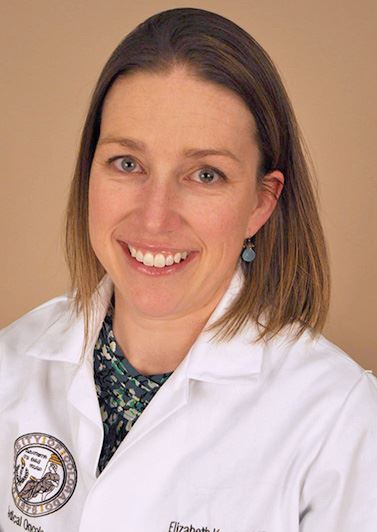
Elizabeth Kessler
University of Colorado Hospital, Aurora, CO, USA
Dr. Kessler is an Assistant Professor of Medicine in the Division of Medical Oncology at the Univeristy of Colorado School of Medicine, and the Associate medical Director of Oncology Services at the University of Colorado Hospital. She specializes in the care of patients with Genitourinary Malignancies at the University of Colorado Cancer Center. Dr. Kessler is a member of the Cancer and Aging Research Group dedicated to advancing the sicence and advocacy around the clinical care of older adults with cancer, and a member of the National Comprehensive Cancer Network “Senior Adult Oncology” guidelines panel. She is an American Cancer Society Clinical Scholar with research focused on care planning with older adults that have advanced cancer in an effort to improve the delivery of goal concordant care.
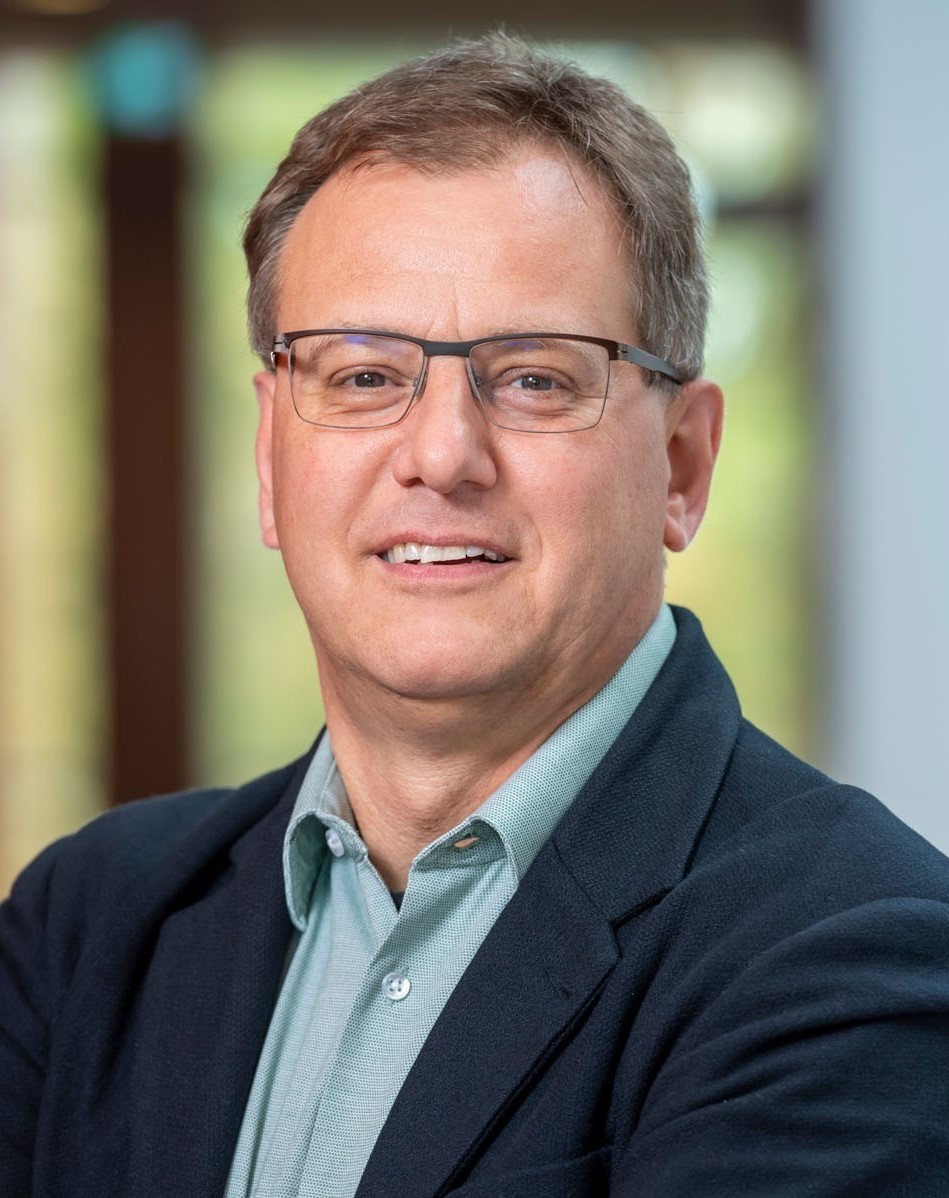
Hartmut Geiger
Universität Ulm, Ulm, Germany
Hartmut Geiger obtained his PhD at the Max Planck Institute for Immunbiology, Freiburg, Germany. His post-doctoral work then took him to the University of Kentucky, Lexington, KY, USA. In 2002 he was appointed Assistant Professor in the Division of Experimental Hematology, Department of Pediatrics at the Cincinnati Children’s Hospital Medical Center, Cincinnati, USA. Hartmut was in 2008 appointed Research Professor and ultimately in 2013 Director of the Institute of Molecular Medicine at the University of Ulm, Ulm, Germany in 2013, while still holding on to the appointment with Cincinnati Children’s. Hartmut is interested in aging of stem cells and their contribution to Cancer.
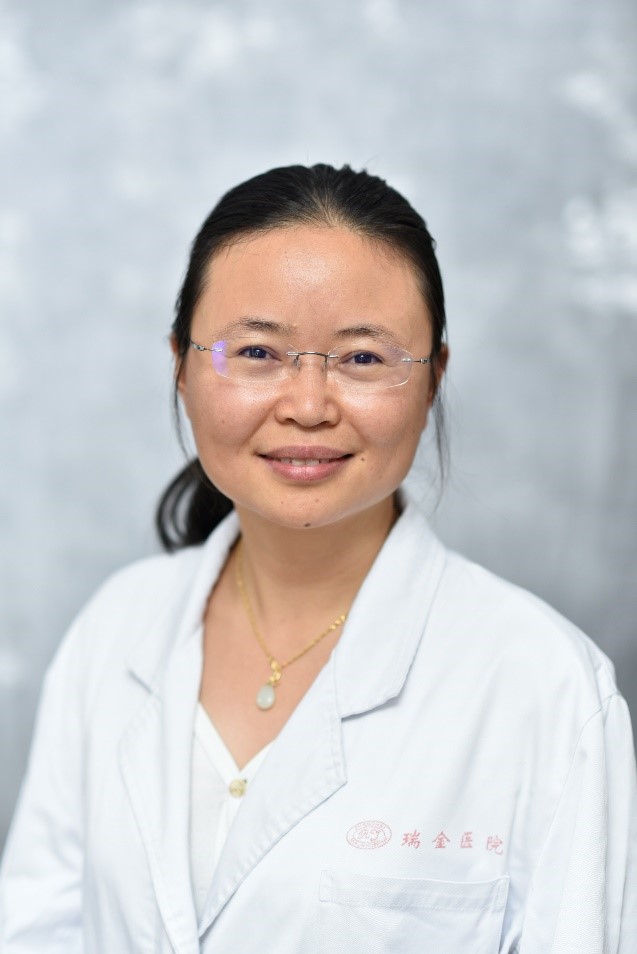
Jing Ye
Shanghai Ruijin Hospital, Shanghai Jiao Tong University School of Medicine, Shanghai, China
Jing YE, M.D./Ph.D., she received her M.D. from Shanghai Jiaotong University and Ph.D. from the Ecole Superiere de Lyon,France. She did her postdoctoral training in the laboratory of Eric GILSON at IRCAN (International Research of Cancer and Aging in NICE, France). She was promoted to the rank of professor in 2015 in Shanghai Ruijin Hospital affiliated to Shanghai Jiao Tong University School of Medicine. Her laboratory is to lead the study of telomeres in aging research and medical practice. During her early carrier as a researcher, Dr Jing Ye identified a crucial role of the shelterin protein TRF2 during telomere replication. This was followed by unexpected results pointing to “non-canonical” roles of the same protein in neuronal gene expression and function. These seminal discoveries contributed to the concept of tissue-specific signaling of telomere dysfunction. Her current work is devoted to understanding how these pathways shape systemic aging. As a clinical doctor, Dr Jing Ye makes a substantial effort to translate her results in clinic, particularly by the development of innovative telomere assays to screen compounds preventing the installation of neurodegenerative and metabolic disorders in the aging population.
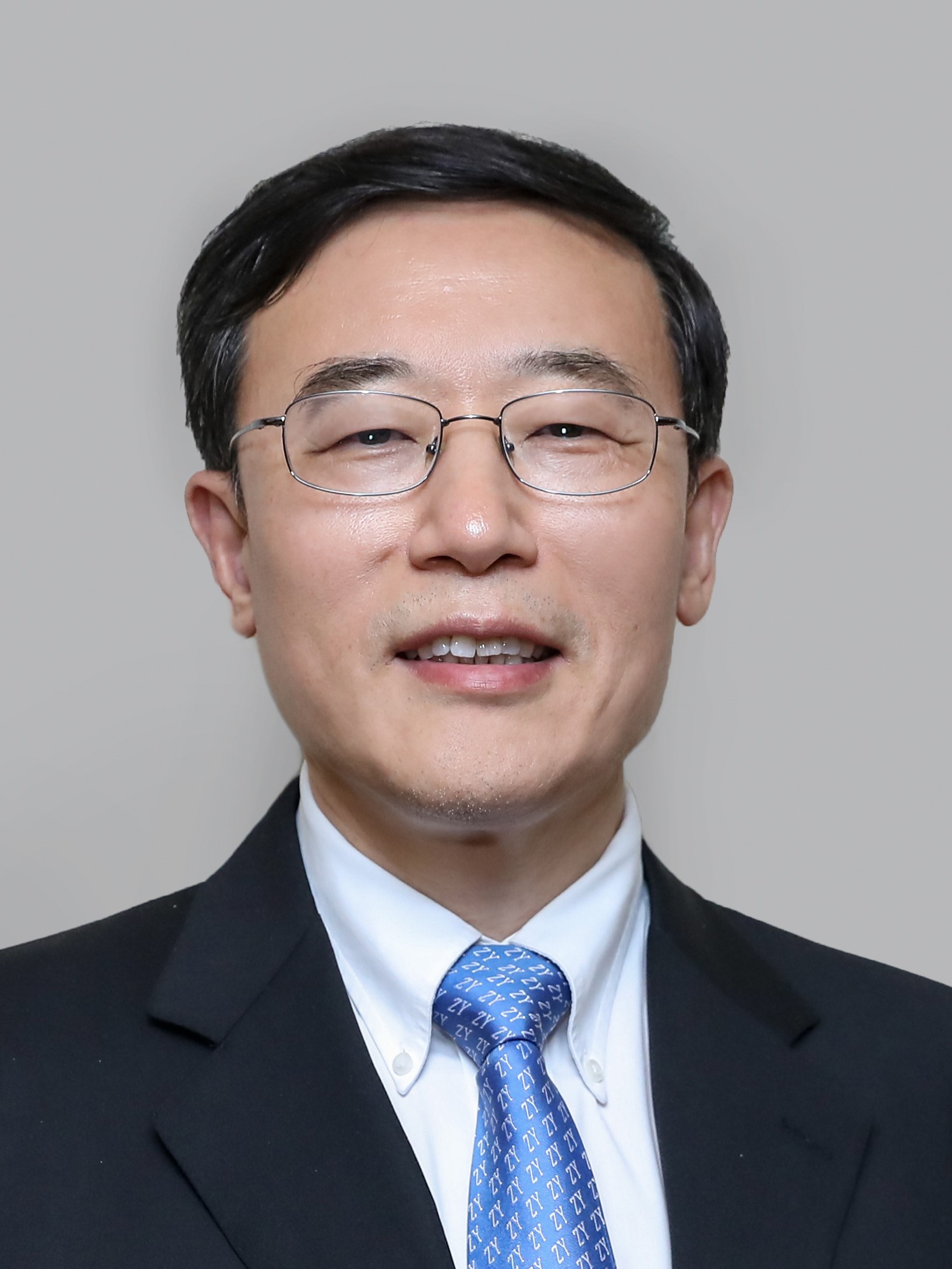
Ruibao Ren
Shanghai Jiao Tong University School of Medicine, Shanghai, China
Ruibao Ren, M.D./Ph.D., is the Director of Shanghai Institute of Hematology, Ruijin Hospital Affiliated to Shanghai Jiao Tong University School of Medicine and “Wang Kuan-Cheng” endowed chair professor of Shanghai Jiao Tong University. Prof. Ruibao Ren received his M.D. from the Peking University Health Sciences Center and Ph.D. from the College of Physicians and Surgeons, Columbia University, New York. He did his postdoctoral training in the laboratory of Nobel Laureate David Baltimore at The Rockefeller University. He joined the faculty of the Department of Biology, Brandeis University in 1994 and was promoted to the rank of tenured professor in 2008. He joined the Shanghai Institute of Hematology, Ruijin Hospital affiliated to Shanghai Jiao Tong University School of Medicine in 2011. His laboratory has generated a number of mouse models for human leukemia and used molecular and chemical biology approaches to discover and develop novel targeted therapies for cancer. He has published more than 80 peer-reviewed research articles in high-quality journals including Cell, Nature, Science and Blood, with citations more than 9000. He has received Junior Faculty Awards from American Cancer Society and March of Dimes, Basil O’Connor as well as the Leukemia and Lymphoma Society Scholar Award. He also serves as an associate editor of the Journal of Hematology and Oncology and editorial board member of Frontiers of Medicine.
Editorial Board Members
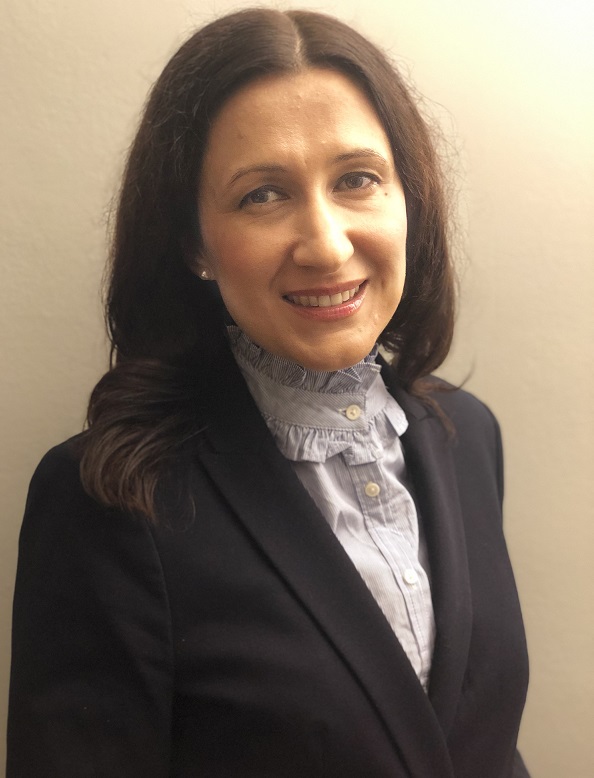
Dejana Braithwaite
PhD, MSc, University of Florida, Gainesville, FL, USA
Dr. Braithwaite has extensive experience, expertise, and leadership in large-scale multi-disciplinary NIH-funded efforts of breast and lung cancer screening, risk factors, and outcomes. She has developed cohorts of individuals at risk for invasive cancer and developed comprehensive databases that include pathologic, clinical, biomarker, and risk factor data, as well as follow-up for subsequent disease and death. She has performed multiple epidemiologic studies where she was able to stratify older adults at risk for or diagnosed with cancer into distinct health categories associated with substantially different life expectancies. These studies have been cited by guideline panels, such as the American Cancer Society and the US Preventive Service Taskforce. Currently, Dr. Braithwaite leads large multi-site projects that integrate longitudinal cohort data with simulation modeling to determine the benefits and harms of screening for breast and lung cancers in older adults across the levels of advancing age, comorbid conditions, and functional status. Dr. Braithwaite co-leads the statewide Florida Cancer and Aging Network (FL-CAN), an innovative demonstration project focused on bridging the age gap in cancer and transforming care.
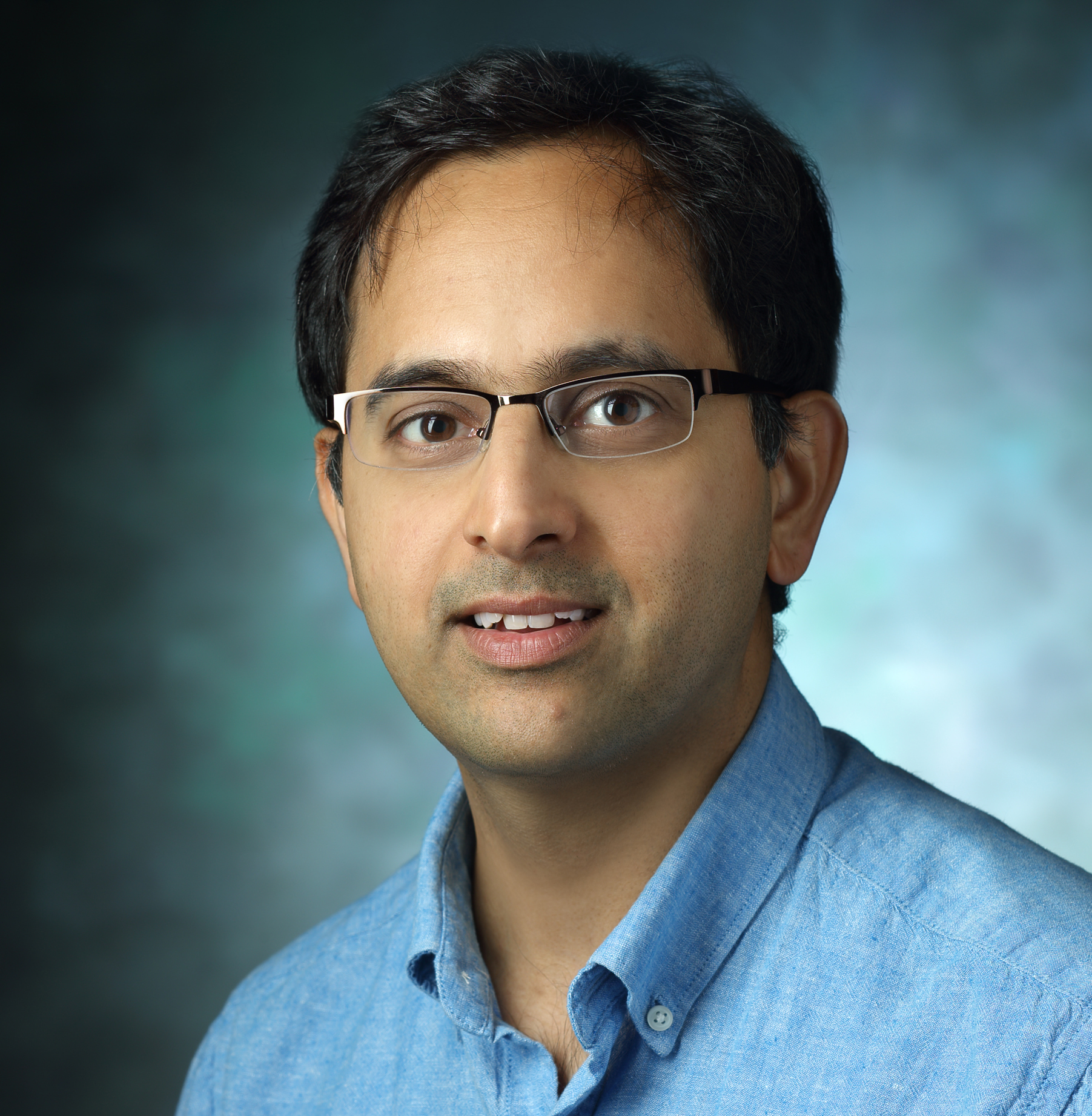
Hari Easwaran
Johns Hopkins University, Baltimore, MD, USA
Dr. Hari Easwaran serves as Associate Professor of Oncology in the Sydney Kimmel Cancer center at the Johns Hopkins University. His lab seeks to understand molecular mechanisms involved in the early steps during tumor initiation. Particularly, his laboratory focuses on mechanistically understanding evolution of epigenetic changes during normal biological processes, such as ageing, senescence and environmental exposures, and how these epigenetic changes are involved in predisposing to tumor initiation.
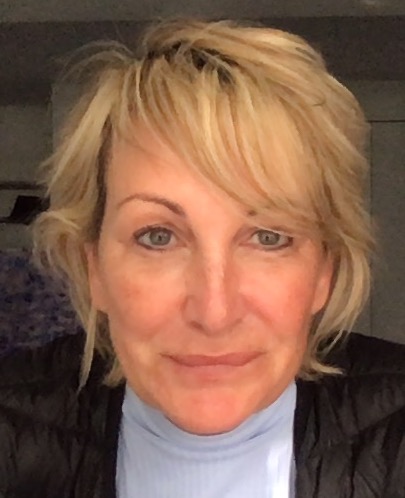
Doris Germain
Icahn School of Medicine at Mount Sinai, New York, NY, USA
Dr. Germain is a Professor in the Department of Medicine, division of Hematology/Oncology, Tisch Cancer Institute at the Icahn School of Medicine at Mount Sinai in New York. She obtained her PhD from the University of Montreal and her post-doctoral training at Cold Spring Harbor Laboratories. Her focuses is on the impact of proteostasis and protein quality controls on cancer progression with a focus on two main areas: 1) the protease PAPP-A, which is a longevity gene that is overexpressed in the majority of breast cancers and 2) the impact of accumulation of misfolded proteins in organelles such as the endoplasmic reticulum and the mitochondria on the activation of stress responses referred as the unfolded protein responses (UPR). Her latest work revealed that the UPRs plays an important role in the selective advantage of estrogen positive breast cancer in older women.
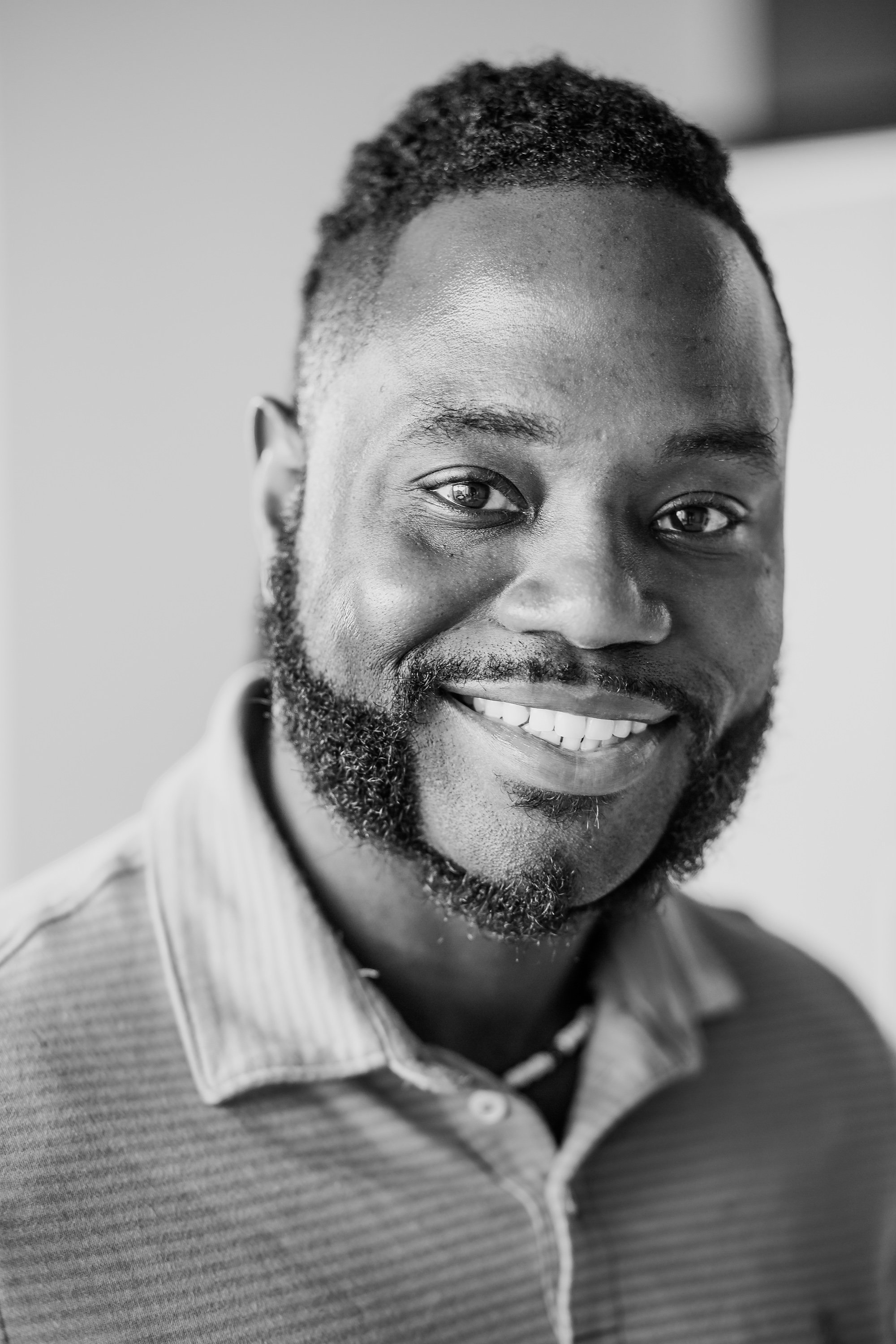
Curtis J. Henry
Emory University School of Medicine, Atlanta, GA, USA
Dr. Curtis J. Henry is an Assistant Professor of Pediatrics, a member of the Aflac Cancer and Blood Disorders Center, and a member of the Cancer Immunology program at the NCI-designated Winship Cancer Institute. Research conducted in his lab aims to understand how deregulated inflammation impacts cancer development and treatment outcomes. Information gleaned from these studies will be applied to developing novel treatment options and diagnostic tools to improve outcomes in patients with historically poor prognoses (aged, obese, and patients with relapsed/refractory diseases).
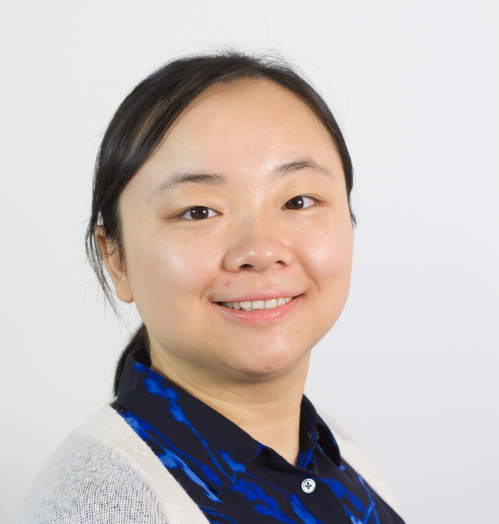
Sheng Li
The Jackson Laboratory for Genomic Medicine in Farmington, CT, USA
Sheng Li, Ph.D. is an Associate Professor at The Jackson Laboratory for Genomic Medicine in Farmington, CT. Sheng received her Ph.D. in Computational Biology from Cornell University. Dr. Li’s research focuses on algorithm development and integrative mining from high-throughput sequencing data, to determine how somatic mutations alter the blood cancer epigenome and gene regulation in the context of aging. Currently, the Li lab is exploring the impact of aging and clonal hematopoiesis on epigenetic heterogeneity, evolvability, and leukemogenesis. Her lab is also working on the 3D genome reorganization and epigenome dynamics that drive clonal hematopoiesis. Sheng is the Co-Chair of the Omics Working Group of the NIH Common Fund Cellular Senescence Network (SenNet) Consortium and the Jackson Laboratory SenNet Tissue Mapping Center Data Analysis Core Lead for single-cell and spatial multi-modality data integration for the development of senescent biomarkers. Sheng Li is currently an Associate Editor for Science Advances and has been an ad hoc study section reviewer for the NCI Program Project (P01), Technologies for Basic and Clinical Cancer Research (R21/R33), and NIGMS Maximizing Investigators' Research Award (R35).
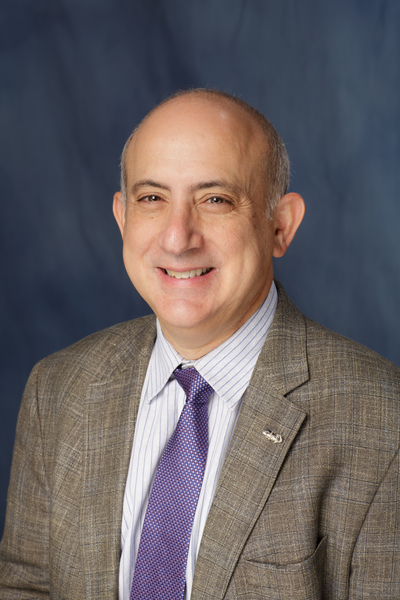
Jonathan D. Licht, MD
University of Florida Health Cancer Center, Gainesville, FL, USA
Jonathan D. Licht, MD, is the Director of the University of Florida Health Cancer Center, holding the Marshall E. Rinker, Sr. Foundation and David B. and Leighan R. Rinker Chair. Dr. Licht’s laboratory studies aberrant gene regulation, specifically the role of abnormal function of histone methyl transferases and histone demethylases in diseases such as multiple myeloma and is developing small molecule strategies to normalize gene regulation and treat disease.
NCI funded for nearly 30 years, Dr. Licht is also Principal Investigator of a Leukemia and Lymphoma Society Specialized Center. For 10 years Dr. Licht served as Senior Editor of Clinical Cancer Research and is currently an Associate Editor of Oncogene and Clinical Epigenetics and serves on the editorial boards of Cancer Discovery, Cancer Blood Discovery , Cancer Research and Clinical Cancer Research. Dr. Licht is a past councilor of the American Society of Hematology, and co-led the 2017 American Society of Hematology/European Heamtology Association Translational Research Training program. Dr. Licht currently serves as chair of the Taskforce for Hematological Malignancies of the American Association for Cancer Research, serves on the Medical/Scientific Board of the a Leukemia and Lymphoma Society and recently completed service as chair of the NIH Mechanisms of Cancer Therpeutics-1 Study Section. Dr. Licht has published over 200 original articles, reviews and book chapters. Dr. Licht has mentored over 40 graduate students and postdoctoral fellows and 20 faculty members.
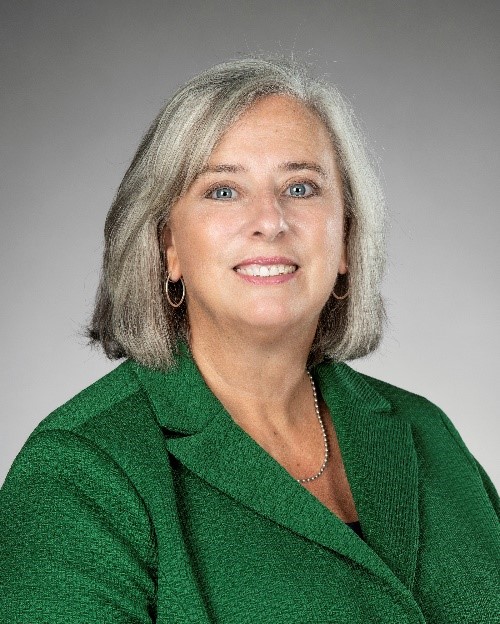
Sharon Stack
University of Notre Dame, South Bend, IN, USA
Dr. M. Sharon Stack received her PhD degree in Biochemistry from the University of Louisville, completed post-doctoral training in biochemical pathology at Duke University Medical Center, and served for several years as a Research Assistant Professor in Pathology at Duke. In 1994, she joined the faculty in the Department of Cell & Molecular Biology at Northwestern University where she rose through the ranks to tenured Professor. While at Northwestern, Dr. Stack was also Program Leader of the Tumor Invasion, Metastasis and Angiogenesis Program of the NCI-designated RH Lurie Comprehensive Cancer Center (RHLCCC, 1999-2007) and a member of the RHLCCC Executive Committee. She joined the University of Missouri in 2007 as the Mulligan Endowed Professor and Vice Chair for Research in the Department of Pathology and Anatomical Sciences. She is currently (since 2011) the Kleiderer-Pezold Professor of Chemistry and Biochemistry and the Ann F. Dunne and Elizabeth Riley Director of the Harper Cancer Research Institute, University of Notre Dame.
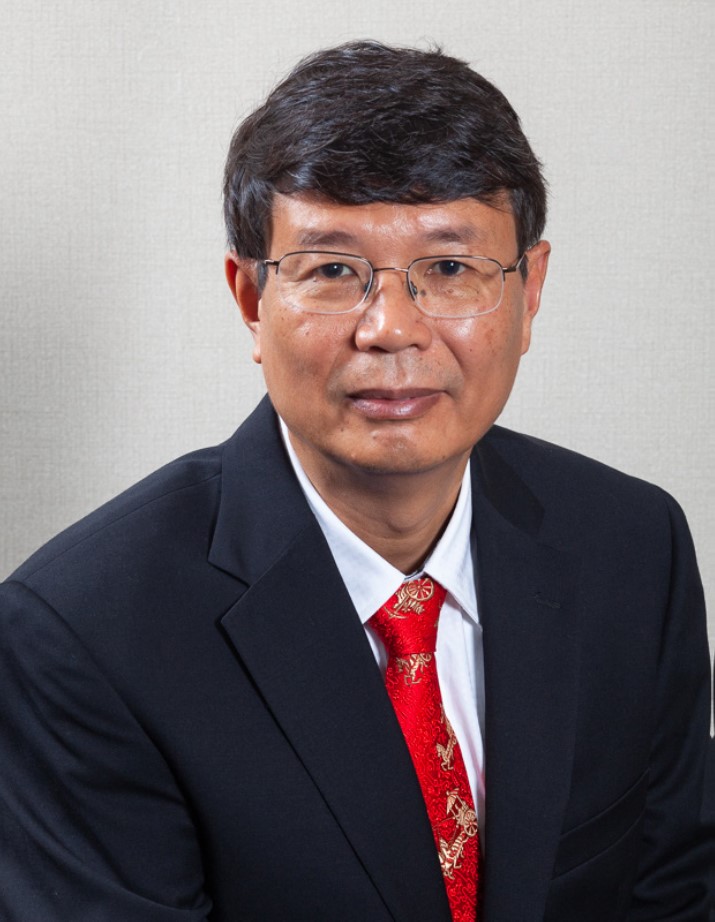
Daohong Zhou
University of Texas Health Science Center at San Antonio (UTHSCSA), San Antonio, TX, USA
Dr. Daohong Zhou is a tenured professor in Department of Biochemistry & Structural Biology and a Joe R. and Terry Lozano Long Distinguished Chair of Developmental Therapeutics at the Long School of Medicine of UTHSCSA. Dr. Zhou also serves as the Director of the UTHSCSA Center of Innovative Drug Discovery (CIDD) and as the Associate Director for Drug Development at the UTHSCSA Mays Cancer Center (MCC). His lab studies the role of senescent cells in aging and cancer and develops novel proteolysis targeting chimeras (PROTACs) to treat cancer and new senolytics to treat various age-related diseases. He has published more than 160 peer reviewed scientific articles and book chapters.
Advisory Board Members
Margaret Goodell
Baylor College of Medicine, Houston, TX, USA
Ross Levine
Memorial Sloan Kettering Cancer Center, New York, NY, USA
Samuel Waxman
Samuel Waxman Cancer Research Foundation, New York, NY, USA
Seishi Ogawa
Kyoto University, Kyoto, Japan




